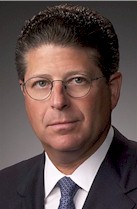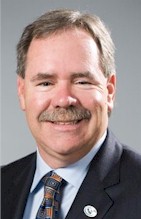
As more and more business owners are choosing to take a do-it-yourself method when it comes to selling, we are noticing a growing number of hotel owners using online outlets to put their business on the market. Unfortunately, we also see many hotel owners attempting to sell online using largely ineffective methods. These situations are usually the result of a lack of research and preparation before listing a business, and can greatly increase the amount of time a business is on the market, can make the selling process more frustrating than it should be, and can result in a much lower selling price. The good news is that if hotel owners looking to sell devote time to researching proper selling methods and follow simple steps, the process can be a breeze. READ MORE













